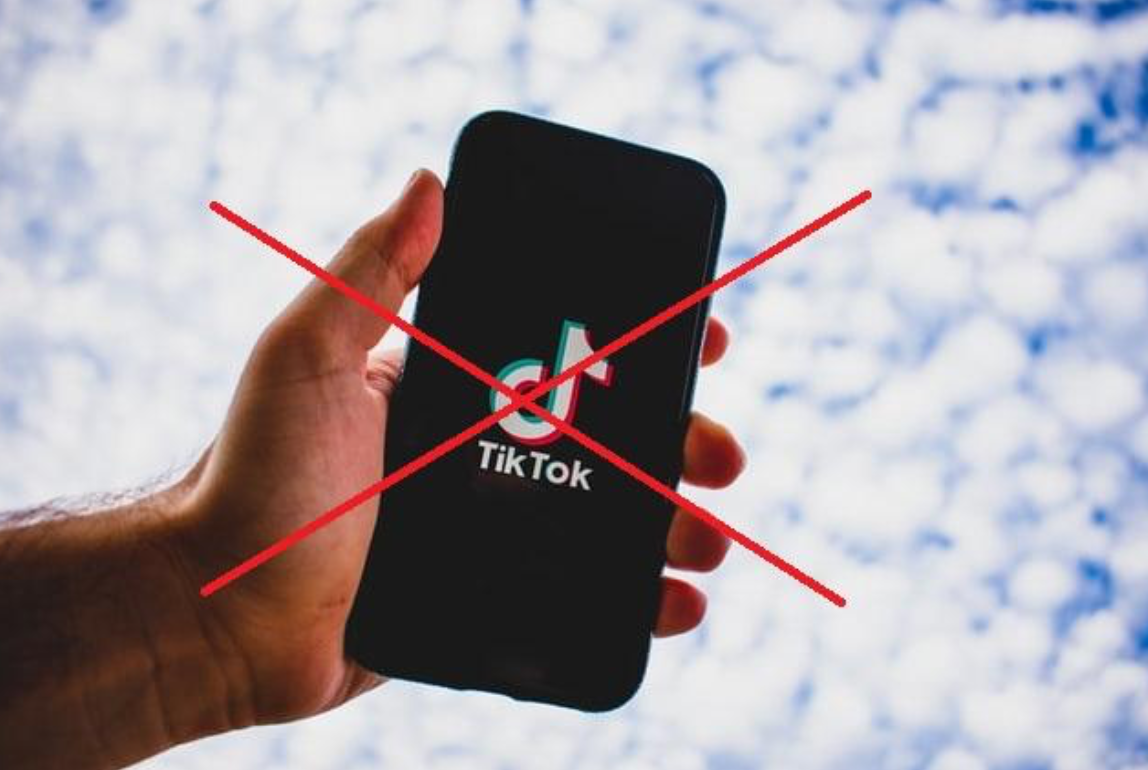Banning Chinese apps will surely hamper the users’ fundamental right to access the internet a great deal. Besides, it can also affect the market competition within India considerably.
The authorities in India have banned 59 Chinese mobile apps, including one of the most famous social media platforms like TikTok, WeChat, Helo, and others. According to India’s government, this initiative will help counter the threat posed by these apps to the country’s “security and sovereignty.”
Ban on Chinese Apps and Its Legal Implications
The decision of banning Chinese apps will impact a large part of the Indian population. TikTok is undoubtedly considered as one of the most used apps because it maintains the subscriber base of more than 100 million users in the country.
Similarly, TikTok has become a significant source of inspiration for small business owners and entrepreneurs. It has given them a platform to showcase their talents and skills in front of billions of people worldwide.
Aside from that, the decision to block Chinese apps has negatively influenced Tibetan refugees who rely on WeChat to communicate with their loved ones and friends residing in Tibet. Besides, they use WeChat to get the latest news and information since other interactive apps such as WhatsApp or Facebook are banned in Tibet.
Moreover, WeChat is simple and easy to use, making it a go-to app among illiterate refugees as they can send or receive voice messages without any hassle. In addition, numerous Indian students have enrolled in Chinese universities in the recent past and use WeChat to interact with their colleagues and teachers.
As per Article 19(1)(a) of the Indian constitution, apps that allow disseminating information and providing a platform for expression are duly protected by the law. Furthermore, the Kerala High Court recently ruled out that interfering or controlling someone’s access to the internet defies their fundamental privacy right. Considering the importance of the right to freedom of expression, a constitutional challenge to this ban is more than likely.
Is the Geoblock Unfair and Arbitrary?
According to the Supreme Court’s judgment in different cases like Modern Dental College and Justice Puttaswamy (Retd.) I v Union of India, rights cannot be perceived as distinct compartments. They need to be assumed as a chain of interconnected freedoms that correlate with each other.
Ideally, this restriction should be based on the conditions described under Article 19(2) (i.e., public order, national security, etc.). Additionally, this ban has to be fair and reasonable under Article 14 because of the interconnected nature of constitutional freedoms.
It suggests that the nature of this geoblock should not be arbitrary by any stretch of the imagination.
On the contrary, Article 14 of the Indian constitution allows both local citizens and foreigners to use the right to equality to access the internet freely.
However, the Press Information Bureau notification highlights two obvious claims depending on the right to equality under Article 14. Chinese tech companies have made the first claim about the concerns related to different treatments with apps developed in other jurisdictions.
Similarly, the Indian users have claimed that the manner in which the ban has been imposed on TikTok is unreasonable. As a result, they cannot express themselves since the ban restricts their access to the internet.
The geoblocking of Chinese apps would be called fair and reasonable when it will remain consistent with Article 14 that states all persons should be treated equally before the law. That said, the article also permits dissimilar treatment between two diverse classes if the classification made between them is justified and fair.

As far as the classification between two groups such as Chinese apps and other foreign apps within India goes, it would be considered fair and reasonable if these conditions are met successfully. Firstly, there should be distinguishing features or some intelligible differentia existing between the two groups.
Secondly, the different treatments should have sound reasoning or rational connection with the objective that it seeks to attain. But, the current notification somehow treats Chinese app developers differently compared to other developers who are developing similar apps and raising similar cybersecurity concerns in the past. However, Chinese apps are accused of collecting personal data of their users on a massive scale.
The story does not end here like Facebook, Amazon, Uber, and the concerned authorities have investigated other companies in their home countries for their data mining policies. If we take the differential treatment of Chinese apps into account, it has resulted in arbitrary and unfair denial of access to the internet in reality.
Notification Legitimacy
As expected, the notification is backed by the law i.e., section 69A of the IT Act that allows the government to apply region-blocking on particular websites or services. But, if we talk about the use of S.69A in this case, it has been used as a tool for achieving data protection compliance.
According to the notification ,the imposed ban on Chinese apps highlights broad concerns including national security and sovereignty concerns that arise from data security and privacy concerns. Furthermore, these apps are allegedly involved in stealing and transmitting users’ data to servers located outside India.
Therefore, the use of S.69A does not make sense because it primarily works as a content regulation tool. Moreover, it has nothing to do with harvesting, privacy and other security concerns. This tool is designed to deal with and block offending content; that’s it.
Range of Apps Banned
The Indian government has banned different apps other than social media, games, camera apps, image editors, etc. Besides, mapping apps, video calling applications, documents, scanners, and battery saving apps are also included in the list of banned apps.
All these apps were reported for raising data privacy and data harvesting concerns. Here is the list that includes 59 Chinese apps banned by the Indian GovernmentGovernment:
- TikTok
- Shareit
- Kwai
- UC Browser
- Baidu map
- Shein
- Clash of Kings
- DU battery saver
- Helo
- UC News
- QQ Mail
- Cache Cleaner DU App studio
- DU Cleaner
- DU Browser
- Likee
- YouCam makeup
- Mi Community
- CM Browers
- Virus Cleaner
- APUS Browser
- ROMWE
- Club Factory
- Newsdog
- Beutry Plus
- WeSync
- ES File Explorer
- Viva Video – QU Video Inc
- Meitu
- Vigo Video
- New Video Status
- DU Recorder
- Vault- Hide
- Photo Wonder
- QQ Player
- We Meet
- Sweet Selfie
- Baidu Translate
- Vmate
- Hago Play With New Friends
- Cam Scanner
- Clean Master – Cheetah Mobile
- Wonder Camera
- Xender
- QQ Music
- QQ Newsfeed
- Bigo Live
- SelfieCity
- Mail Master
- Parallel Space
- Mi Video Call – Xiaomi
- QQ International
- QQ Security Center
- QQ Launcher
- U Video
- V fly Status Video
- Mobile Legends
- DU Privacy
How are users accessing TikTok in India after the ban?
Indian users are opting VPNs for unblocking their favorite social media app, TikTok, in huge numbers. If you cannot access the app on your existing phone, you can use your old mobile phone to use TikTok.
Once you have masked your actual IP address through a VPN in India, you can download TikTok on your old smartphones via Google Play or App Store. However, not all the VPNs allow you to unblock TikTok. Most users use ExpressVPN to bypass the TikTok geo-blocks. Check out the review of ExpressVPN in 2020 and access TikTok while residing in India without restrictions.
Is using a VPN legal in India?
You can use a VPN within Indian territory for all the right reasons. That said, you should not use it for any illegal purpose whatsoever. If you want to use a VPN to access TikTok in India, you are good to go.
What about the Indian Data Protection Law?
The current data protection law. Section 43A of the IT Act needs to address data privacy concerns accordingly. At present, the law only secures the breach of sensitive personal information by a corporate body related to wrongful loss due to the lack or unavailability of desired security practices.
Wrapping Up
Summing up, banning Chinese apps will surely hamper the users’ fundamental right to access the internet a great deal. Besides, it can also affect the market competition within India considerably. Likewise, the geoblocking looks arbitrary due to the differential treatment of Chinese apps.


Join the conversation!